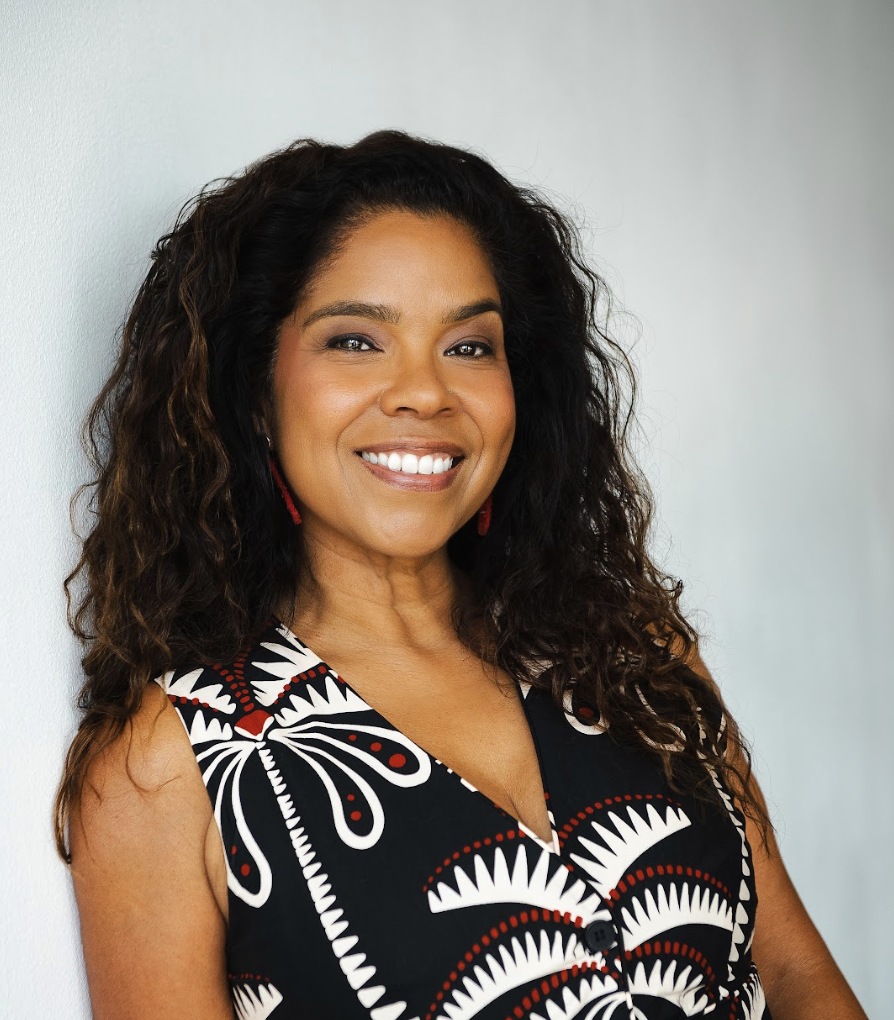
Dr. Gaye Theresa Johnson, a scholar, organizer, and long-time resident of the Central Coast, has returned to UC Santa Barbara’s Division of Social Sciences as the new Director of the Blum Center on Poverty, Inequality, and Democracy. Her appointment signifies both a professional homecoming and a deepening of her commitment to the region she has served for decades.
Johnson's roots at UC Santa Barbara began with a decade as a professor in the Department of Black Studies beginning in 2005 to 2015. After leaving for UCLA in 2015, Johnson maintained deep ties to the Central Coast. For the past 20 years, Johnson, a Ventura resident, has maintained deep engagement and leadership in advocacy and organizing for Ventura county farmworkers, voting rights, and tenant organizing. She has done so through various commitments, including having served as Board President of the Central Coast Alliance United for a Sustainable Economy (CAUSE). Johnson is a cultural historian, trained in American Studies. She is the author of Spaces of Conflict, Sounds of Solidarity (UC Press, 2013); Futures of Black Radicalism (Verso Press, 2017) and Rings of Dissent (U of Illinois Press, 2025).
The path back to UC Santa Barbara was paved by her social justice work. She is currently the lead facilitator and trainer for the Central Coast Social Justice Academy, a ten-month program that empowers staff from social justice organizations in Ventura and Santa Barbara Counties. Supported by the McCune Foundation, the Weingart Foundation, the Fund for Santa Barbara, and the Bower Foundation, this initiative was born from the desire of local movement leaders to conduct organizing training locally, in the surroundings and work that are most relevant to their own. Through this work, Johnson met Social Sciences Dean Charlie Hale, who was on the McCune Foundation board, and the idea of returning to Santa Barbara took shape.
"I have felt immediately at home," Johnson says of her appointment as Blum Center director. "Whether I am speaking with community partners or staff and students at UCSB, it is clear that we are all working towards a similar goal - to work collectively toward rights and liberation for those who are marginalized in this area and beyond.”
Johnson now steps into a role where her academic expertise and grassroots involvement perfectly align with the Blum Center’s mission, particularly its focus on the Awasthi Cooperative Economics and the Central Coast Regional Equity Initiatives. She sees the Blum Center as a vital space where research, community engagement, and political positioning converge to address critical issues—from the human rights of workers and tenants to the freedom of public intellectuals to expand the role of the university in society.
“In this moment, whether it is freedom for public intellectuals to say what is expected of them in their position or the human rights of undocumented folks, workers, tenants, and people who want to live with dignity,” Johnson said. “I hope that people will come to know the Blum Center as a place that creates possibilities for democratic collaboration, in which community knowledge is understood as critical to social science research. We want to apply research, teaching, and service to support social justice and community-facing campaigns, to help guide researchers and students toward having meaningful and lasting engagement with the issues and communities they study."
Photo courtesy of Andreas Branch